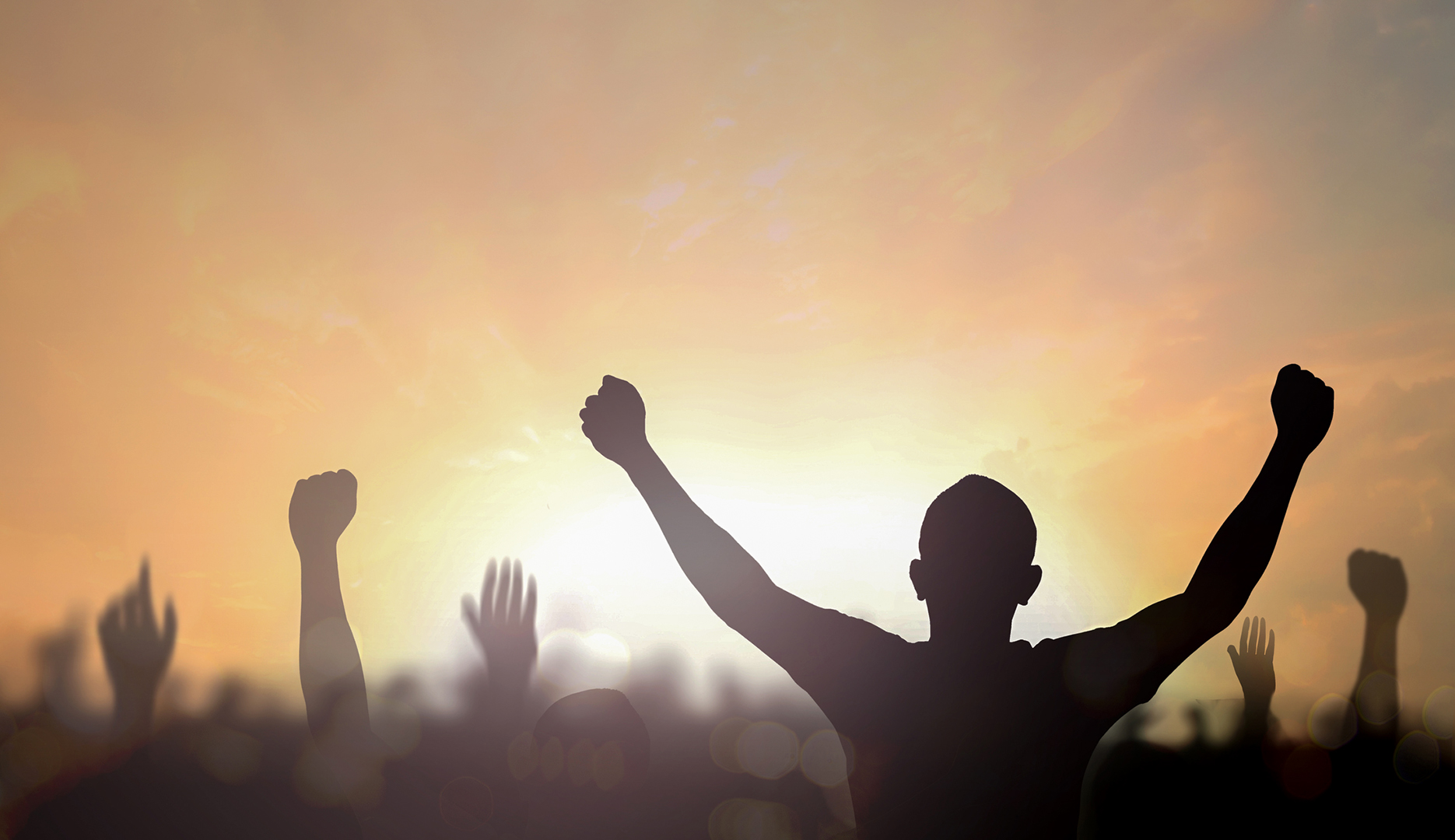Monday, 9 December, marks International Anti-Corruption Day. This year, the United Nations will focus on uniting the youth against corruption.
According to the organisation, this year’s anti-corruption day focuses on young people’s role as advocates, raising awareness about corruption and its affects on their communities.
“They will actively participate in discussions, share their experiences and propose innovative solutions to combat corruption. The campaign will amplify voices of integrity, the leaders of tomorrow, allowing them to express their concerns and aspirations, with the hope that their appeals will be heard and acted upon,” the UN said.
Building a just world and a sustainable planet is only possible if corruption doesn’t stand in the way. United, we can combat corruption.
International Human Rights Day falls on Tuesday, 10 December, commemorating the Universal Declaration of Human Rights. The document enshrines the inalienable rights that everyone is entitled to as a human being — regardless of race, colour, religion, sex, language, political or other opinion, national or social origin, property, birth or other status.
The theme for 2024 is “Our Rights, Our Future, Right Now”, and serves to acknowledge the importance and relevance of human rights in everyday life.
This Human Rights Day we focus on how human rights are a pathway to solutions, playing a critical role as a preventive, protective and transformative force for good. As UN Secretary-General António Guterres has said, “Human rights are the foundation for peaceful, just, and inclusive societies.”
On Monday, 9 December at 8.30am, the Mozambican Network of Human Rights Defenders will host an online event in celebration of the International Day of Human Rights Defenders.
The event, titled Resilience and Legitimacy of Human Rights Defenders in the Context of Political and Social Crisis in Mozambique, comes as a human rights crisis is unfolding in the region as a result of the contested general elections.
“The uncertainty surrounding the general elections on 9 October 2024, marked by allegations of electoral fraud and the crackdown on peaceful demonstrations, has exposed an alarming scenario of violations of fundamental rights. These episodes have already resulted in the deaths of at least 75 people, as well as hundreds of injuries and arbitrary arrests across the country,” the Mozambican Network of Human Rights Defenders said.
The webinar aims to highlight the impact of the work of human rights defenders in supporting victims of human rights violations in the Mozambican crisis, debate strategies to strengthen the resilience of human rights defenders and increase their legitimacy with society and the state.

From Monday, 9 December, to Tuesday, 10 December the African International Humanitarian Law Initiative will host a two-day virtual International Human Rights Day Conference.
The conference serves to unpack the dynamics faced by people who are undocumented
“This event has collaborated with intent to address these pressing challenges faced by undocumented individuals with insights from experts across Africa and Europe that are at the forefront of the advocacy efforts to educate and raise awareness on these thematic subjects,” the initiative said.
Register for the online conference here.

Also on Monday, 9 December, at 1 pm the Southern African Litigation Centre will host a webinar titled Violence Against Women and Girls: Is the Law Doing Enough? as part of the 16 Days of Activism Against Gender-Based Violence.
“Gender-based violence (GBV) remains one of the most widespread human rights violations globally. According to a report from the United Nations in 2023, a woman is killed by a partner or family member every 10 minutes. International and regional frameworks have been put in place to combat GBV, with the expectation of adoption and implementation at national level through law and policy. However, despite the existence of progressive laws and policies at national level within the region, violence continues to persist. This situation highlights significant gaps in addressing the root causes of GBV, implementation challenges, and enforcement difficulties,” The organisation said.
Honourable Justice Fiona Mwale of the High Court of Malawi and Honourable Justice Monica Mbaru of the High Court of Kenya will unpack the important role of the courts in using the law to address GBV.
The webinar will also examine international and regional legal frameworks and the efficacy of their implementation at the national level within eastern and southern Africa and explore opportunities for practical legal and implementation reforms to strengthen protection against GBV.
Register for the discussion here.

On Monday, 9 December at 5.30pm, the Institute for African Alternatives will host the Ben Turok Annual Memorial Lecture.
Activist Kumi Naidoo will deliver the lecture under the theme “Reimagining Activism: Mobilising for Justice in a Fractured World”, where he will discuss how activism must evolve to meet the challenges of our changing planet.
Venue: Desmond and Leah Tutu Legacy Foundation,
The Old Granary Building,
Buitenkant Street, District Six, Cape Town.
RSVP to confirm your attendance in person or online at this link.

On Wednesday, 11 December at 1.30 pm, the Nelson Mandela School of Public Governance and Atlantic Fellows will host a webinar titled Rethinking Activism in Africa: How Activists Work with the State and Other Core Stakeholders, Including Donors and Non-State Powers.
“As civic space closes and traditional donors of civil society retreat or are throttled, how should activists work with the state and government? How can activists build alliances within and outside the government? Where are the openings and opportunities to advance reform? Is social justice possible?” the poster read.
Register for the discussion here. DM

South Africa
This week in civil society — International Anti-Corruption Day, International Human Rights Day and Anti-GBV Webinar
This week civil society will celebrate both International Anti-corruption Day and International Human Rights Day with a variety of events and webinars to commemorate them.




